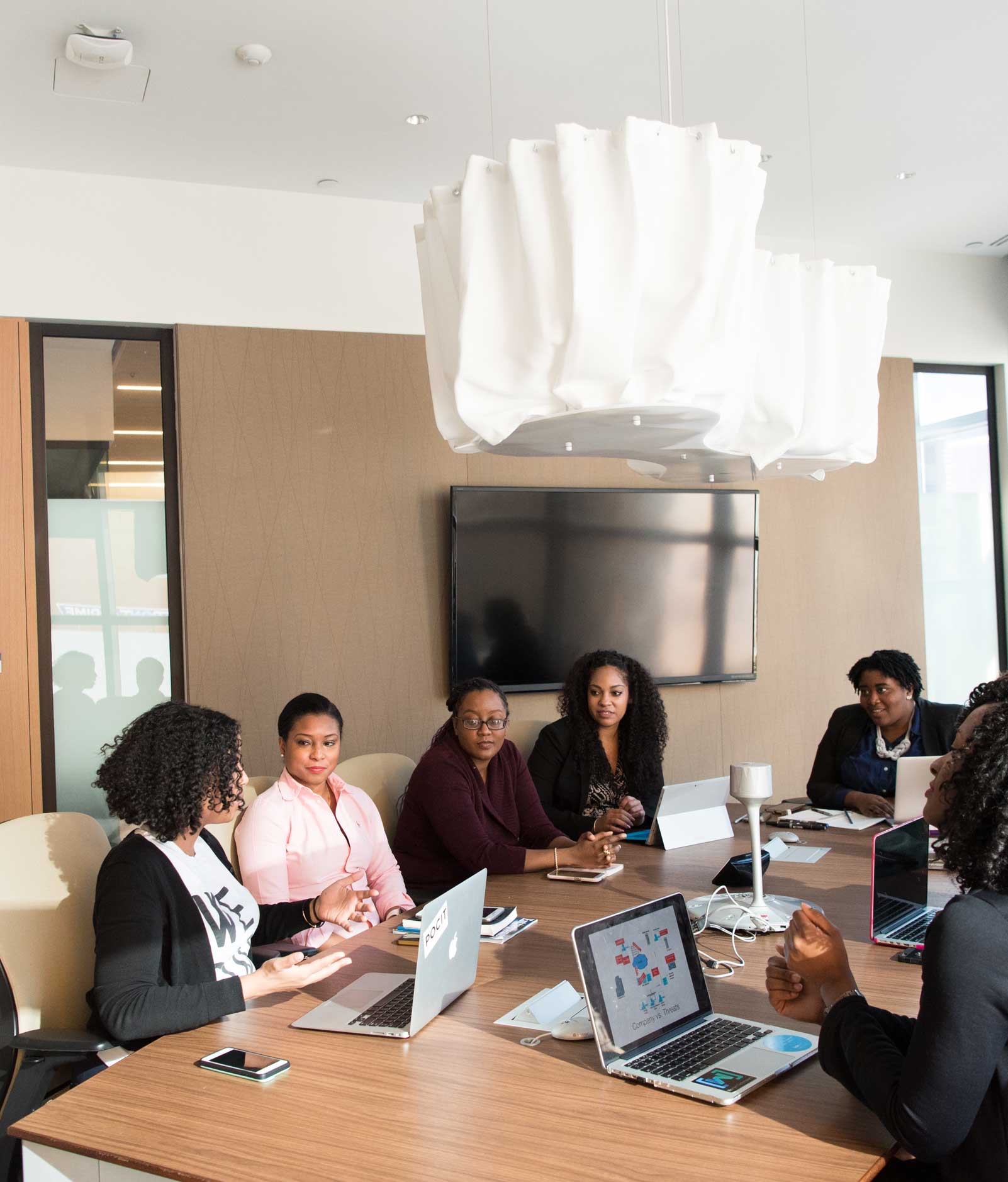Sexual violence—including human trafficking, domestic violence, and sexual assault—is a complex issue. It’s difficult to understand the scope, size, and reach of it as it’s normalized and even celebrated by businesses, governments, and cultures.
Change happens by educating others as well as advocating for policy and supporting victims and laws to ultimately defeat sexual violence.

Learn more about the policy and legislation we’re actively supporting.
There is broad consensus that those who have been prostituted or trafficked should not be criminalized. The Survivor Model, also known as The Equality Model, Nordic Model, and partial decrim, prioritizes the rights of, promotes social services for, and the decriminalization of those who are prostituted or trafficked, while holding sex buyers and traffickers accountable for the harms they cause.
We support the Survivor Model as the most effective strategy to reduce prostitution, exploitation, and trafficking. The Survivor Model protects and supports those being prostituted, while making our communities safer by holding sex buyers and traffickers accountable for their exploitive and illegal actions.
The EARN IT Act is bipartisan legislation encouraging the tech industry to take online child sexual exploitation seriously. The legislation will be introduced soon in the 2022 congressional session, in both the Senate and House of Representatives.
Highlights of the EARN IT Act include:
The TVPRA has been introduced as H.R. 5150 with bi-partisan support. Originally passed in 2000 and reauthorized with strong bi-partisan support five times since then, TVPRA provides a comprehensive Federal framework to combat human trafficking, including sex trafficking, including enhanced law enforcement and community resources.
Originally signed into law in 1994, The Violence Against Women Act supports comprehensive, effective law enforcement and community responses to domestic violence, sexual assault, dating violence and stalking.
VAWA programs are administered by US Departments of Justice and Health and Human Services.
VAWA has been reauthorized and amended several times since 1994 and recently passed the House as HR 1620. It is currently in the Senate, awaiting action.
Efforts are underway in both Oregon and Vermont to legalize all aspects of the commercial sex industry, including pimps, brothel owners and sex buyers. Some of these are statewide, others are city ordinances.
In every instance, legalization efforts will create an increased demand in sex buyer, leading to more trafficking and exploitation and the inability to hold buyers and traffickers accountable for their actions.
The Survivor Model gives communities a better option to protect and support those being prostituted and reduce crime and exploitation.
Armed with the latest news and insights on anti-trafficking organizations and policies, you can join us in the fight against sexual violence.